While some investors may question Apple's ability to carry its lead in music into the digital living room with Apple TV, researchers at PiperJaffray & Co believe the iPod maker is entering the market with a tenfold edge over its closest competitor.
Although the Cupertino-based company does not disclose its iTunes user base statistics, Munster estimated that there are at least 110 million users of the digital jukebox software which will combine to represent the preliminary addressable market for Apple TV.
By comparison, the analyst said the closest Windows-based product is Windows Media Center with an estimated 23 million Media Center-enabled PCs in the market. However, he said there appear to be only about 12 million actual Media Center users.
"In other words, Apple has a 10x headstart in the digital living room," he wrote.
PiperJaffray believes the digital living room could emerge into $4.7 billion business by 2008 if Apple is able to maintain its 70 percent share of the digital music market and one in ten iTunes users buys an Apple TV that year.One of the device's strongest selling points is expected to be the simplicity it offers consumers looking to view their iTunes content on a living room television set.
"The product answers a problem many users don't even know they have," Munster said. "Viewing downloaded content on a TV is presently too difficult for the average iTunes user. But with AppleTV, the connection with iTunes is made automatically and all of the setup takes place in the familiar iTunes environment."
On that chord, the analyst said he believes the adoption of Apple TV will arrive in three phases, starting with tech-savvy iTunes users who have pre-ordered the device and expanding over the next six months to iTunes users with large media libraries.
Looking into the longer term, Munster eventually expects that Apple TV will blossom into the de-facto standard for the widespread adoption of digital movies in the living room, helped along the way by incremental additions to the iTunes movie catalog.
"With the proliferation of digital video content, the adoption curve for the AppleTV will become steeper," he wrote.
iTunes has seen a surprisingly quick start to its video sales that supports the confident stance, according to recent statistics. Over 50 million TV shows and 1.3 million movies have been purchased from the online store since it first began selling video in October 2005.
In his report, Munster was also careful to calm fears that the $299 price of Apple TV would scare away shoppers, who are used to receiving Windows Media Center being factored into the cost of a new PC. A media hub such as Apple's may be more expensive, he said, but owners also expect more value to come out of using dedicated hardware than they do a software bundle tied to a computer.
"Media Center is often looked at as a throw-in," the analyst commented, having been convinced that Apple could ultimately make a more compelling argument by feeding into customer expectations of where and when they can watch their content. The need for a traditional computer is also on the decline.
"Apple is betting on people wanting to watch video content on their televisions rather than their computer screens," Munster added. "We believe [that] is a strategy that consumers will prefer as the computer and the TV slowly converge."
 Prince McLean
Prince McLean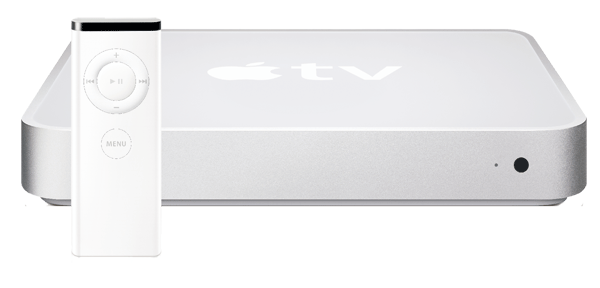
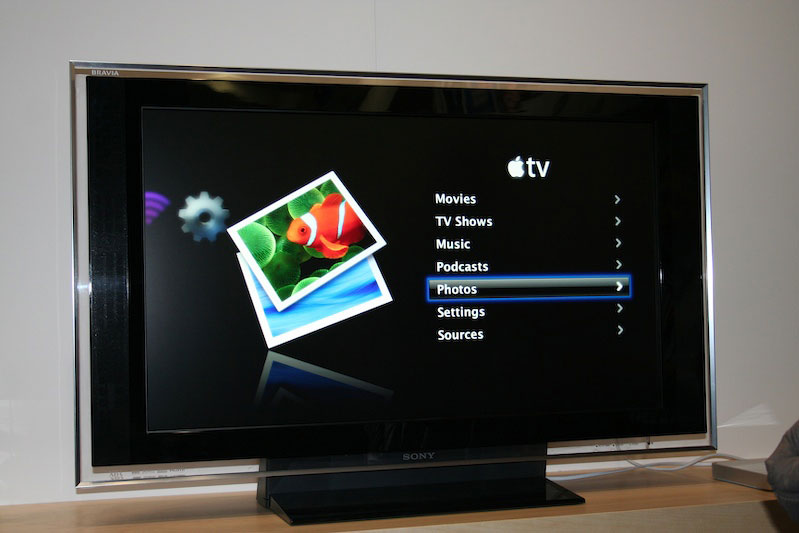

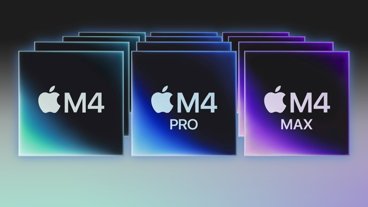



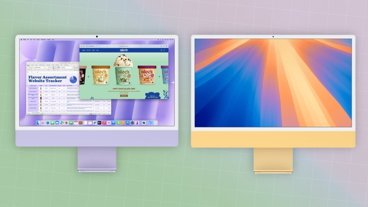








 Malcolm Owen
Malcolm Owen
 William Gallagher
William Gallagher
 Wesley Hilliard
Wesley Hilliard
 Marko Zivkovic
Marko Zivkovic

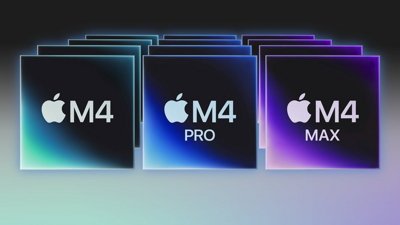
 Mike Wuerthele and Malcolm Owen
Mike Wuerthele and Malcolm Owen
 Andrew O'Hara
Andrew O'Hara





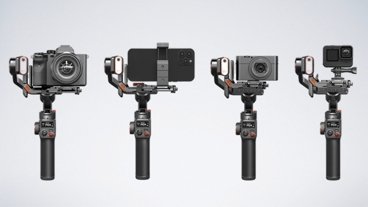

175 Comments
I'm going to buy an ?tv but I have my doubts that downloadable movies are a replacement for DVR.
I'm most interested in the Audio and Photo playback abilities. I do agree that most MCE edition PCs aren't used in that fashion. My gf has a MCE Laptop and she doesn't have a clue about what it could do.
Can Apple make a dent in the home video industry with a device that cannot playback surround sound audio?
Can Apple make a dent in the home video industry with a device that cannot playback surround sound audio?
Isn't that what the TOSLINK output is for?
Edit: Oh, there were some problems with QuickTime and output of surround on optical, were there not?
Gene Munster is clueless. Apple needs to do "four" things to take the digital living room:
1. iTunes TV Show subscription service with some free live content (not including Podcasts, YouTube or Google video, I'm talking news)
2. Make Apple TV connect directly to the internet without the need for a computer.
3. Make Apple TV with bigger hard drive.
4. Manufacturer actual TV's with built-in Apple TV.
Isn't that what the TOSLINK output is for?
Edit: Oh, there were some problems with QuickTime and output of surround on optical, were there not?
Nope. Apple TV only does stereo. It can therefore do Dolby Pro-Logic surround sound, as the surround-sound info is embedded in the stereo signal.
I'm pretty dumbfounded that the ATV doesn't do proper 5.1/6.1 surround sound, or natively decode MPEG-2. If the ATV supported AC3, DTS, MPEG-2 and DVD's CSS copy-protection system (all of which are easily technically achievable), Apple would be able to provide a solution to watching ripped DVDs from your computer without them contravening the DMCA.
iTunes could just copy the data from DVDs, with the CSS and region coding etc. still in tact, then stream that info to the ATV which would de-scramble the content, decode it, and show it on your TV.
As it stands, users in America who want to watch their own legally-purchased DVD content via an ATV would have to risk breaking the law (I believe removing CSS for personal use purposes still hasn't been tested in court) by ripping the content to disk, removing CSS, converting the video to MPEG-4 (losing quality) and the audio to Stereo AAC or MP3 (again losing quality).
I honestly can't believe the ATV sucks so badly and hardly anyone's noticed.